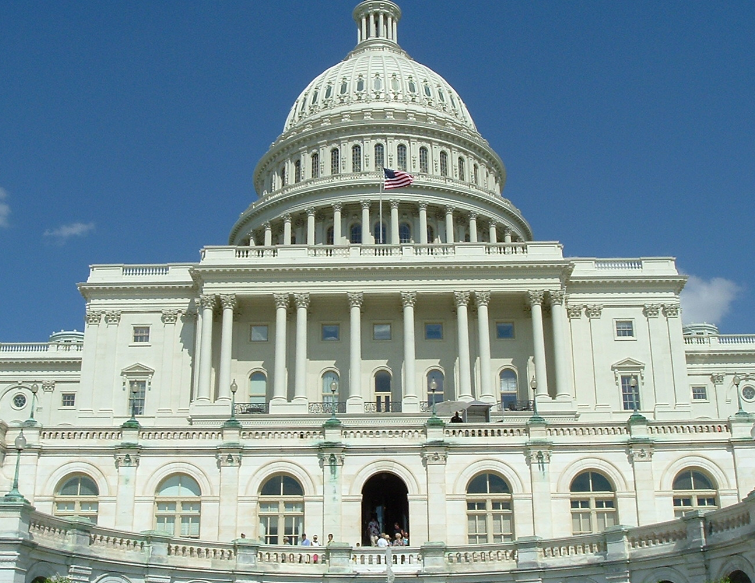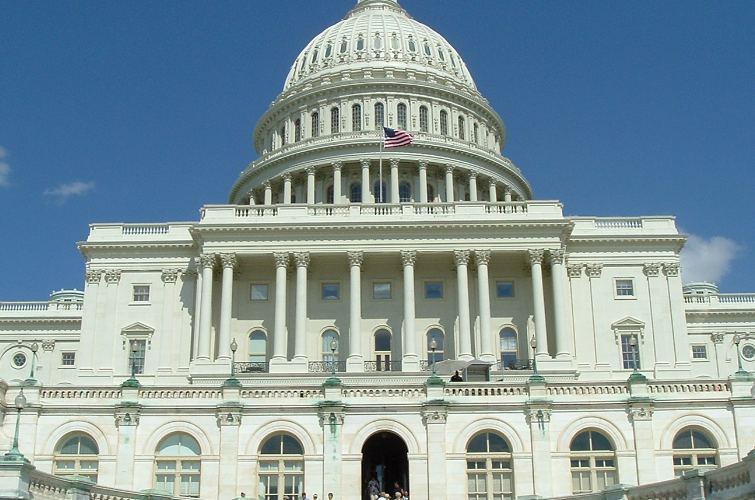A state advisory group says the current approach to drug use is broken — and only bold, regulated alternatives can start to fix it.
A Washington State government panel is ramping up calls for officials to seriously consider a regulated “safe supply” system for drugs. It’s not about endorsing drug use, they argue — it’s about saving lives. With overdose deaths still at staggering levels, the group says a new approach is urgently needed, one that moves away from punishment and toward prevention.
The proposal, recently presented to lawmakers by the Substance Use Recovery Services Advisory Committee (SURSAC), isn’t a new idea, but the backing behind it is growing louder and more persistent.
Why Safe Supply Is Gaining Ground in Washington
The panel isn’t mincing words: people are dying, and the current system isn’t working.
Overdose deaths in Washington have continued to climb, with synthetic opioids like fentanyl pushing the numbers higher every year. According to the state Department of Health, more than 2,000 people died from opioid-related overdoses in 2023 — nearly triple the figure from just five years ago.
One sentence says it all: something has to give.
SURSAC believes the answer lies in giving people access to a regulated, tested supply of substances. Instead of street drugs with unpredictable potency — sometimes laced with deadly additives — individuals would receive measured doses under medical supervision or at certified dispensaries.
There’s nothing fringe about this approach anymore. Canada already has small-scale safe supply programs. Some cities in Europe have tried it. Now, Washington might be next.

The Policy Framework They’re Pitching
The advisory group isn’t throwing random ideas at the wall. They’ve developed structured options over the past few years.
In their latest report, SURSAC laid out a series of policy priorities, including:
-
Setting up pilot programs where at-risk individuals can access a regulated supply of substances
-
Decriminalising simple possession of drugs to reduce incarceration rates
-
Linking participants to treatment, housing, and health services directly through these sites
“We’re not talking about open drug use zones,” one committee member reportedly said. “We’re talking about reducing the chaos and improving public health.”
There’s also a pragmatic goal behind the policy: reduce the collateral damage. Things like petty theft, needle litter, public safety concerns — these ripple effects could be eased if people weren’t forced into desperate and unsafe circumstances.
A Long Road to Political Buy-In
Still, there’s a major hurdle: politics.
The proposal has met pushback from both sides of the aisle. Some see it as too permissive, while others say it doesn’t go far enough.
In 2021, Washington’s Supreme Court struck down the state’s felony drug possession law. But lawmakers quickly reinstated criminal penalties, albeit less severe than before. SURSAC has pushed back against this, saying criminalisation only deepens the problem.
Despite their recommendations, the legislature hasn’t yet moved to decriminalise or approve a safe supply framework.
The frustration is starting to show.
Public health officials and advocates have echoed the advisory group’s calls, warning that without decisive action, the overdose crisis will only get worse. But lawmakers remain cautious, fearing voter backlash or unintended consequences.
Here’s What’s Driving the Safe Supply Push
This isn’t about being soft on crime or turning a blind eye to addiction. Supporters say it’s about facing the facts.
Street drugs have become far more dangerous. Fentanyl, in particular, has upended the landscape. It’s cheap, potent, and increasingly common in pills and powders sold on the black market.
SURSAC and other supporters argue that the unpredictability is what’s killing people. They believe a tightly controlled system could drastically lower overdose deaths and give people a pathway out of addiction.
In places where similar models have been tested, early results show promise:
-
In British Columbia, participants in a small safe supply program showed reduced reliance on street drugs
-
Cities like Zurich and Amsterdam have long offered heroin-assisted treatment with lower crime and death rates
But the committee’s emphasis isn’t just on survival — it’s on dignity. They believe that offering people a safer choice sends a message that their lives are worth protecting.
Stats, Reports, and Reality Checks
Let’s take a moment for hard numbers — the kind that often cut through the noise.
| Year | Opioid-Related Overdose Deaths (WA) | Notable Change |
|---|---|---|
| 2018 | 775 | Baseline |
| 2020 | 1,202 | +55% |
| 2023 | 2,042 | +70% |
That’s a 163% increase in just five years.
Meanwhile, a report from the Washington State Health Care Authority says nearly 60% of fatal overdoses in 2022 involved synthetic opioids, and that many users never sought help due to fear of legal trouble.
Just one sentence says it all: fear still holds the wheel.
And then there’s the financial side. Incarcerating someone for drug possession costs taxpayers roughly $40,000 per year. Providing supervised treatment and access to medical alternatives? Often less than half of that, and with better outcomes.
What Comes Next — and What’s in the Way
The advisory panel isn’t giving up. They’ve been at this since 2021, and they say their recommendations are only getting sharper with time.
But getting lawmakers to act is another matter entirely. So far, the committee has limited power — they can suggest, but they can’t legislate. Still, they’ve got momentum. Some county health departments are quietly exploring pilot ideas. Activist groups are getting louder.
If the state does move forward, it would likely begin with small pilot projects in urban centres. Think Seattle, Tacoma, maybe Spokane. These cities are already grappling with visible drug use and rising deaths.
But for now, all eyes are on the next legislative session. Will lawmakers take the leap?
Or will they stick with what hasn’t worked?




